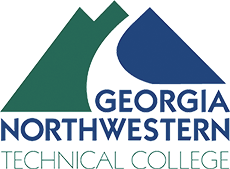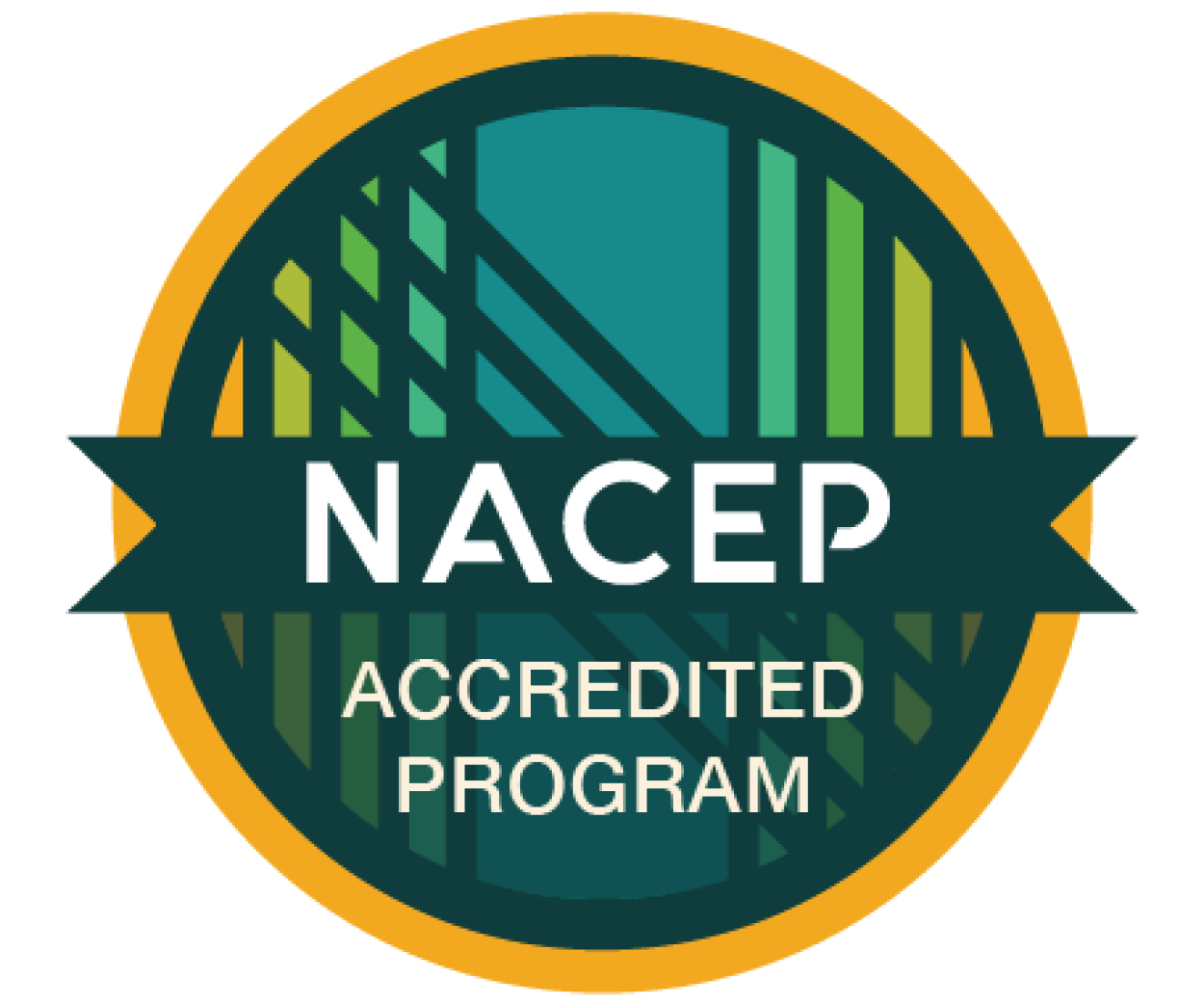GNTC Welding instructors help students forge careers
Georgia Northwestern Technical College’s (GNTC) Welding and Joining Technology instructors encourage students to test their mettle in a high-demand career field.
Welding is one of the programs targeted in the High Demand Career Initiative by the Technical College System of Georgia (TCSG); TCSG identifies in-demand occupations that pay above-average entry-level wages and are deemed critical to the success of their industries and to Georgia’s economic vitality.
“Every minute students are here, they are learning hands-on with some of the best instructors who have worked in the field,” said instructor Shawn Daniel, who completed his Welding and Joining Technology diploma at GNTC in 2016. “Here at GNTC we provide the time to learn and help students to become successful in their desired fields of work so that they get the jobs they deserve.”
GNTC has the most knowledgeable industrial program instructors in the area, said Welding instructor Billy Brown, who graduated from GNTC in 2014 and joined the GNTC faculty in January 2022. He and his fellow instructors channel their work experience, familiarity with industry standards and desire to help students excel as they teach various methods to fuse metals and other materials.
“The demand for experienced welders in our area is very high,” Brown said. “As instructors, we always get calls from local companies who are hiring and wanting to know who we have available.”
Students with four-year degrees in other fields know they can always get a job in welding.
“I had three emails from students with a bachelor’s degree who cannot find a job in engineering and want to enroll here in the Welding program so that they can get a job,” Brown said.
Welding is taught at the Floyd County Campus in Rome, Polk County College and Career Academy in Cedartown, Walker County Campus in Rock Spring and Whitfield Murray Campus in Dalton.
GNTC’s Welding and Joining Technology diploma program, which takes roughly 18 to 24 months to complete, teaches Shielded Metal Arc (SMAW) Welding; Gas Metal Arc (GMAW) Welding, also called Metal Inert Gas (MIG) Welding; Flux Core Arc (FCAW) Welding; and Gas Tungsten Arc (GTAW) Welding, also known as Tungsten Inert Gas (TIG) Welding. Instruction also covers equipment familiarity and safety, blueprint reading, fabrication, pipe welding, structural plate welding, joint techniques and an overview of other metals and alloys, such as aluminum and stainless steel, as well as welding in the flat, horizontal, vertical and overhead positions.
Welding is one of the college’s oldest programs. GNTC has offered Welding courses since 1966. The majority of students enroll in the diploma program; those who complete the Technical Certificate of Credit (TCC) program generally continue to complete the diploma program, Brown said.
During the 2021-22 academic year, 151 students enrolled in Welding courses, taking a total of 1,379 credit hours in Welding, and 14 students earned a combined total of 30 Technical Certificates of Credit in Welding.
Georgia’s Dual Enrollment program also allows qualified high school students in GNTC’s nine-county service area to maximize their education and career training by taking courses that earn college and high school credit at the same time for free. The program includes the opportunity to earn a certificate before high school graduation.
GNTC offers Welding courses specifically for Dual Enrollment students at Dade County High School, Lakeview-Fort Oglethorpe High School and Gordon County College and Career Academy, said Kristi Hart, GNTC’s director of High School Initiatives.
“Dual Enrollment is such a great opportunity for high school students; it allows them to take college courses while they’re in high school,” said Jeremiah Cooper, program director and instructor of Welding and Joining Technology. “Dual Enrollment can allow students to graduate earlier, which enables them to start their careers earlier or have a head start on continuing their education.”
Cooper was named GNTC’s Rick Perkins Instructor of the Year in 2017 and 2021.
Walker LAUNCH and Floyd County Schools College and Career Academy Dual Enrollment students attend Welding classes that are a mix of high school and college students on the Walker County and Floyd County campuses, respectively, Hart said. Welding classes taught at the Polk County College and Career Academy are also a blend of high school Dual Enrollment students and traditional college students.
“Students can’t get hands-on and detailed training on pure welding applications anywhere else like they can here at GNTC,” said Cooper, who earned his Welding diploma in 2011 and acquired several American Welding Society (AWS) certifications in structural steel and bridge code welding from the CSX Railroad Education and Development Institute. “I wouldn’t be where I am today without GNTC’s Welding program.”
Instructor Tayler Davidson, who graduated in 2017 from GNTC with his Welding and Joining Technology diploma, said, in addition to regular coursework, he teaches students how to conduct themselves while working, how to prepare for a job interview and how to perform weld tests for a job.
The field offers diverse careers options from construction and fabrication of custom items to aerospace technology to building gas pipelines and manufacturing automobiles, Davidson said.
GNTC graduates learn what could take years to learn on-the-job and can expect to start out with a salary of $18-25 per hour, while an applicant with no education or experience will probably earn $12-16 per hour, Daniel said.
Davidson shared the story of a former student whose financial struggles motivated him to work hard to learn a new career. Upon graduation, he was hired in a fabrication and machining shop. The owner of the shop appreciated the individual’s work ethic and desire to learn machining. Now the former student owns that shop, as well as his own traveling welding company.
“Hard work is a given in any line of work, but with enough hard work, the possibilities in welding are endless,” Davidson said.
The instructors explored their options in welding because it pays well, is a high-demand job and allows them to work with their hands, rather than seated behind a desk.
Instructor Matt Hayden said he took night classes in Welding at GNTC while in high school, continued full-time after high school graduation and received his diploma in 1992.
“I really enjoy having a skill that allows me to build some really cool stuff, and that's what attracted me to welding,” said Hayden, an adjunct instructor at GNTC and instructor at the Polk County College and Career Academy.
“I got into welding as a hobby, and it turned into a career when the company I was working for was purchased,” Brown said.
The instructors said they also enjoy the variety and challenges welding careers offer.
Davidson fabricated and welded a camera stand for a filmmaker.
“The stand would be attached and be worn by the person being filmed,” he said, “and was created to act as a point-of-view perspective for a scene in a movie.”
Instructor Brandon Johnson said he worked for a company that subcontracted work for the International Alliance of Theatrical Stage Employees (IATSE) union, which builds movie props.
Johnson graduated from Chattanooga State Community College and attended its Tennessee College of Applied Technology (TCAT) program. He said he earned a diploma in Welding and Joining and a blueprint reading certification.
Johnson said he chose welding because he needed a skill to be able to provide for his family.
“Welding requires an unmatched skill to be able to perform with quality and efficiency,” he said.
Hayden, a state champion in the SkillsUSA Georgia Welding competition and silver medalist at the SkillsUSA national competition in 1992, said he earned two associate degrees at GNTC and took educational classes at Georgia State University. He worked as a pipe welder at numerous power plants across the southeast United States, along with precision welding fabrication on stainless steel and other alloys.
“After years in industry, I wanted to try teaching others welding,” he said. “I fell in love with teaching and decided that I had found my calling in life.”
Hayden said he instructed and coached GNTC alumnus Ryan Fincher, SkillsUSA World Team Welder and winner of the Medallion for Excellence at the 2019 WorldSkills Welding Competition, a prestigious international competition in which some of the best welders from around the globe competed.
“GNTC’s Welding program gave so many things to me, and I’ve always wanted a way to be able to give back to it,” Cooper said, a sentiment echoed by the other instructors. “There’s a reason so many graduates eventually come to work here.”
GNTC’s newest faculty member in the program, Johnson will begin teaching in the fall 2022 term. Although not a GNTC alumnus, he shares his fellow instructors’ passion for teaching others.
“I am most excited to be able to make an impact on the students’ lives, give them a trade most people cannot do and prepare them to succeed and stand out in the welding industry,” he said.
Cooper and Davidson teach on the Walker County Campus in Rock Spring. Brown and Daniel teach on the Whitfield Murray Campus in Dalton. Hayden and Johnson teach on the Floyd County Campus in Rome. Hayden also teaches on the Polk County College and Career Academy in Cedartown.
Founded in 1962, Georgia Northwestern Technical College is celebrating 60 years of providing quality workforce education to the citizens of northwest Georgia. Students have the opportunity to earn an associate degree, diploma or a certificate in aviation, business, health, industrial or public service career paths. This past year, 11,134 people benefited from GNTC’s credit and noncredit programs. GNTC has an annual credit enrollment of 8,528 students and an additional enrollment of 2,606 people through adult education, continuing education, business and industry training and Georgia Quick Start. GNTC is a unit of the Technical College System of Georgia and an Equal Opportunity Institution.
# # #

|
Marketing Media Specialist
|



